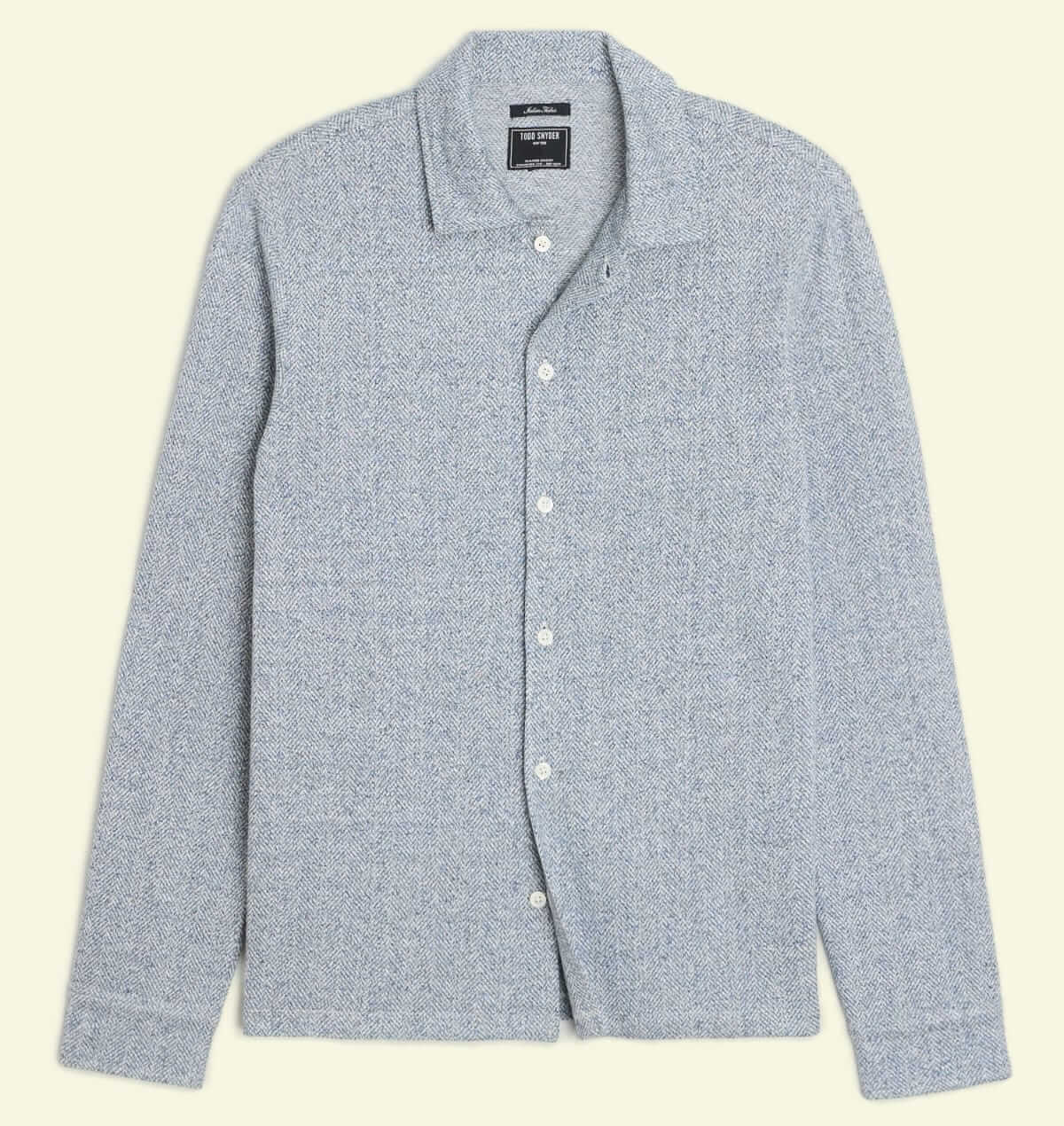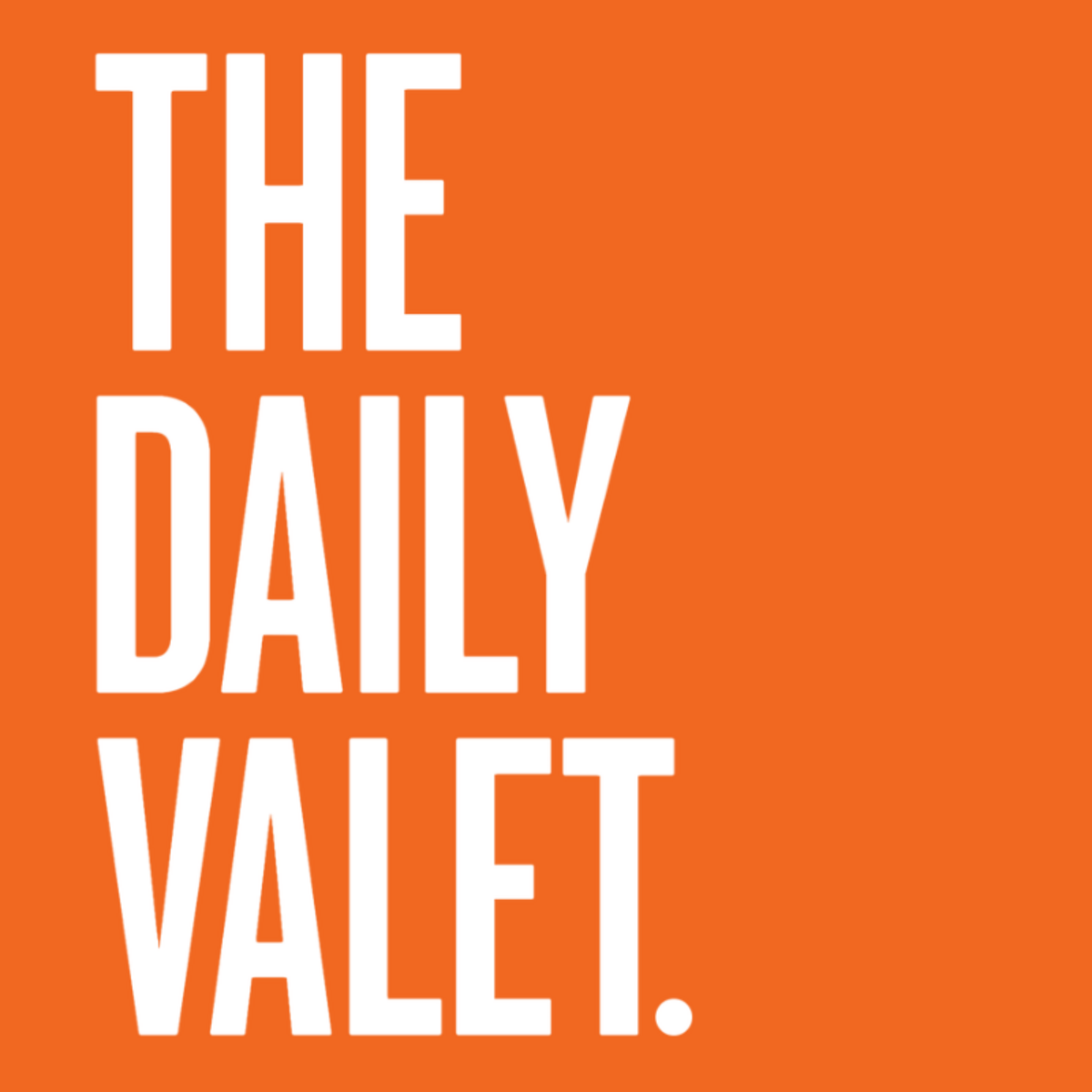Tuesday, August 26th Edition |

|
By Cory Ohlendorf, Valet. EditorDo something good for your health today. |
Today’s Big Story
Men’s Health Disconnect
If men are favored in our society, why do they die younger than women?

What does it take to get men to go to the doctor? Or simply prioritize their health? It’s a big question, but one that the medical community is grappling with lately. Because in the great scoreboard of life, men are coming up short.
You’ve likely heard before that women live a lot longer than men. Male life expectancy at birth is currently 75.8 years—5.3 years less than it is for women … Over the past several years, men have died at higher rates than women from 14 of the top 15 causes of death. The only exception has been Alzheimer’s disease—and that, at least to some extent, is because more women live long enough to develop it. That disparity has many causes, one of which is that men simply don’t go to the doctor as often. This is the angle of an enlightening article by physician Helen Ouyang in the New York Times magazine.
Apparently, the problem begins early: After pediatric care, young men largely disappear from medical settings until after serious issues arise. Women tend to see their gynecologists regularly; men have no clear equivalent. The Affordable Care Act covers only one preventive service specifically targeting men, while it lists 27 for women (some of which are related to pregnancy). HPV vaccination, for example, recommended for all adolescents, still feels mostly associated with girls, even when HPV-related throat cancers are now more common in men than cervical cancers are in women.
And while prostate cancer is a real threat to men, few guys are willing to head to the doctor just to have an uncomfortable conversation about if it’s time to start getting a colonoscopy, right?
Of course, another reason seems to be “biological destiny.” The Conversation digs into how the frontal lobe of the brain—the part that controls judgment and consideration of an action’s consequences—develops more slowly in boys and young men than in their female counterparts. This may contribute to the fact that far more boys and men take bigger risks and die in accidents or due to violence than girls and women. And men far outnumber women in some of the riskiest occupations, including military combat, firefighting and working at construction sites.
Several studies have also shown that, in general, women are more health conscious, and they have higher awareness of their physical and mental symptoms. These all result in healthier lifestyles and better health care use. Women also communicate better about their problems, which helps the process of diagnosis.
FYI: |
According to the Agency for Healthcare Research and Quality, men are far more likely to skip routine health screens and far less likely than women to have seen a doctor of any kind during the previous year. |
Trump Vows ‘Substantial’ New Tariffs
The president vows to retaliate against nations that he views as discriminating against American companies
President Donald Trump vowed Monday to impose “substantial” new tariffs and restrict U.S. chip exports for all countries that do not remove digital taxes and related regulations. Some are calling it his most direct threat to retaliate against nations that he views as discriminating against companies such as Google and Meta Platforms.
Trump wrote on Truth Social that digital services taxes, or DSTs—which are currently imposed by dozens of countries—“are all designed to harm, or discriminate against, American Technology … they also, outrageously, give a complete pass to China’s largest Tech Companies. This must end, and end NOW!” He added that the U.S. would also “institute Export restrictions on our Highly Protected Technology and Chips.”
Although Trump has at times clashed with big tech companies over censorship and other domestic issues, his administration has taken up their cause across a number of trade negotiations. But, the Wall Street Journal says that if Trump follows through and wields U.S. chips as a weapon in trade discussions, he could create more uncertainty for tech companies. And CNBC points out that the countries which enact digital services taxes have argued that they are fair, since massive tech titans like Amazon operate within their borders and generate huge profits from their citizens while paying little or no taxes to the respective governments.
Sneakflation: |
Here's how Trump’s tariffs are gradually raising costs for American consumers. |
|
|
Deportation Is Harming Agriculture
Is this what “biting the hand that feeds us” means?
Did you know that there are more than 63,000 farms in California? The state is by far the largest food producer in the United States, with an agricultural economy worth around $60 billion. Cali farmers grow over a third of all vegetables and around three-quarters of the fruits and nuts produced nationwide.
As the New York Times points out, this bounty all depends on a reliable, skilled and experienced labor force that is overwhelmingly made up of immigrants: Over 80% of California’s hired farmworkers surveyed between 2015 and 2019 were from Mexico, and more than half were undocumented. Nationwide, an estimated 80% of farmworkers were born outside of the United States, and around half are undocumented. “These immigrants are nothing less than the backbone of America’s food supply, doing jobs that few native-born Americans seek … and the ICE raids targeting them now will have real consequences for all Americans, very likely including higher grocery prices and fewer options in the produce aisle.”
In a report released last week, Economic Insights and Research Consulting warns that increasing deportations could cause economic damage across the agriculture, hospitality, and construction sectors. Agricultural employment dropped by 6.5% from March to July, according to the U.S. Bureau of Labor statistics. That’s a significant change from the previous two years, which saw small increases in employment in the sector during the same period. When workers don’t (or can’t) show up, crops aren’t picked. That leads to rotting and wilted produce, more food waste, less selection (and higher prices) at the grocery store.
FYI: |
One cherry farmer in Oregon told CNN he was left with 30 acres of unpicked, rotting fruit, which cost him a quarter-million dollars. |
|
Partner
Caring for Everyone Else This Summer? Take a Moment for You
Whether you're managing doctor visits, family plans, or travel logistics, summer can be overwhelming for caregivers. BetterHelp offers therapy that fits your schedule: on your phone, on your time, from wherever you are.
BetterHelp offers therapy that fits your life. You can connect by phone, video, or chat on your time, from your space. You’ll be matched with a licensed therapist in 24–48 hours, and many caregivers find support through 300+ support groups and guided tools in the app.
|
|||||||||






